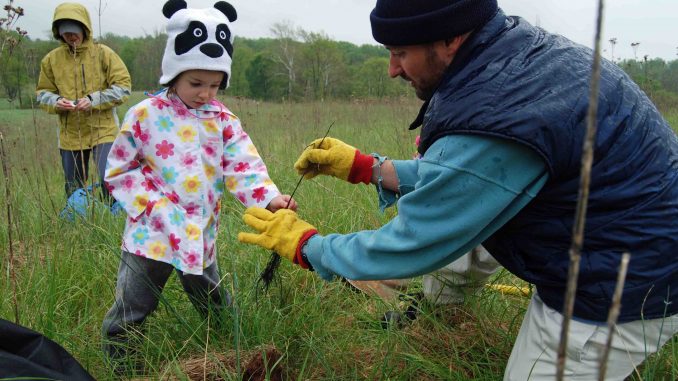
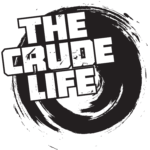
The Crude Life Morning Show: Play Hard Work Hard Episode 21
Daily Rig Count
source: tradingeconomics.com
HOUR ONE PLAY HARD: Jason Spiess and Sterling run down the guests for the week as well as India burning Greta Thunberg mural in effigy. Greta’s Toolkit Tweet brought the issue of yelling “Fire” in a crowded theatre to light. Jason went through the timeline of yelling “fire” to War of the Worlds to the fact everyone with a phone and social media account is technically a small media company.
An update on The Industrial Forest is given, including a meeting with the city of Bismarck this week and a major top 50 City is already on a waiting list for 2022.
Sterling gives Jason an update on the My Pillow guy Mike Lindell and how states are now handling COVID shutdowns, laws and policies.
The duo also banter back and forth the layers of government employees who could not administer a Band-AID to a 7-year-old who cut herself at school.
Weird board games are the topic in segment two of Play Hard. From Trump The Game to Mafia to Dr. Ruth’s Sex Board Game to Bankruptcy, which included a toy revolver for Russian Rolette style finale.
In the news segment Elon Musk is compared to Michael Scott, the sage grouse’s reverence is discussed and why using fossil fuels is not going away anywhere anytime soon.
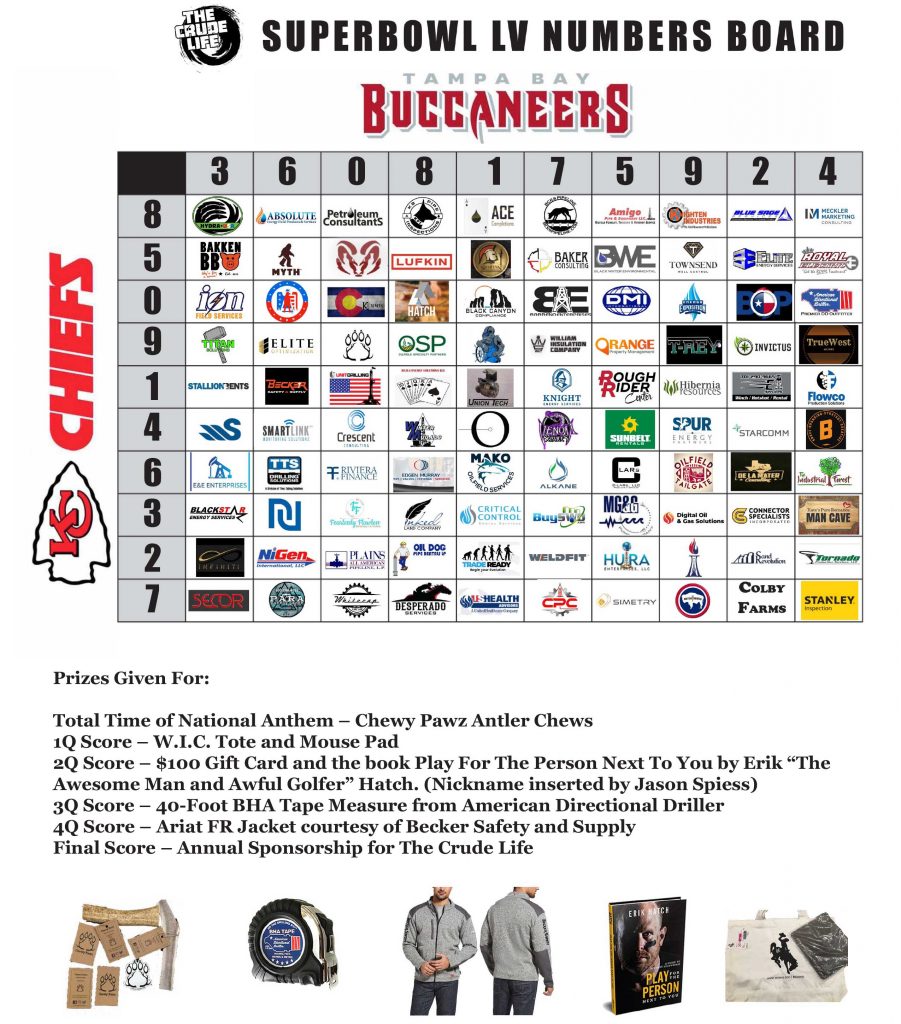
News, Rumors and Newspeak
SpaceX bought two former Valaris oil rigs to build floating launchpads for its Starship rocket
Elon Musk’s SpaceX bought two deepwater oil rigs last year and is converting them into floating launchpads, to support the enormous Starship rockets that the company is developing.
The rigs are in the Port of Brownsville, near SpaceX’s Starship development facility in Boca Chica, Texas.
Fossil Fuels Aren’t Going Anywhere
“There is no scenario where hydrocarbons disappear,” the chief executive of Baker Hughes, Lorenzo Simonelli, said during his keynote speech at this year’s annual meeting in the company. Like other executives from the industry, Simonelli acknowledged and welcomed the energy transition, but he noted that a 100-percent renewable energy scenario was simply not possible. There is plenty of evidence this is indeed the case, despite the hopes and ambitions of many environmental advocates.
These hopes and ambitions imagine a world where human activity is powered from electricity only, and this electricity in turn is being generated using only renewable energy sources such as solar, wind, and hydropower.
Such a world, however, is unrealistic.
Planting Trees Sounds Like A Simple Climate Fix. It’s Anything But.
A peat bog forms over thousands of years as plants decay into a dense, dark, soggy soil that traps their carbon content within. Peatlands are the world’s most efficient carbon sink, storing twice as much planet-warming carbon dioxide as forests.
So when, at the end of last year, the U.K. government approved a tree-planting project on 100 acres of peat bog in northern England, conservationists raised the alarm.
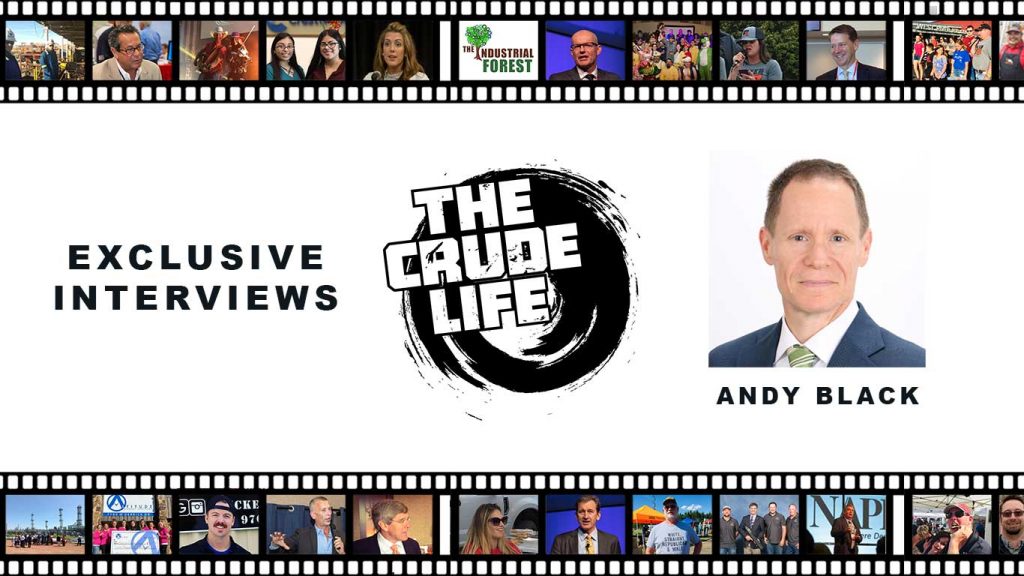
In HOUR TWO we WORK HARD with our Newsmaker Interview: Andy Black, president, Association of Oil Pipe Lines (AOPL)
Summary written by The Crude Life Content Correspondent Genneca Houser
The Association of Oil Pipelines is an influential and important part of the United States gas liquids industry. Andy Black is the President of the Association, and he took some time to talk with The Crude Life about the AOPL, the trials of the previous year, and hopes for the future.
Andy discusses the purpose of the Association of Oil Pipelines. The Association is representation of liquid pipelines across America, whether it be crude oil, gasoline, diesel, and other natural gas liquids.
Next, we discuss how the AOPL takes a focus on safety. Andy discusses three different areas of focus when it comes to safety; advocating for responsible public policies, work on continuous safety for pipelines, and the third is public education.
“We really want people to be comfortable with the fact that we rely on pipeline everyday and they’re safe and getting safer.” – Andy Black
We begin to discuss just how many miles of pipelines (200,000 miles and growing!) across the United States that are being monitored for safety through AOPL as well as how the pipelines are monitored. Almost every pipe out there has constant attention through a control room run by operators. Andy spoke a little bit about some difficulties in keeping the control room operators working through the Covid, but said confidently that there were no pipelines shut down through the pandemic.
Andy talks about the downturn in 2020 and the hardships that came of that, including logistics issues, safety issues, and business issues. He then goes on to say that gradually we are seeing the industry coming back, but that we will need to see the economy reopen and vaccines will need to be distributed before 100% recovery.
Andy goes into greater depth regarding the business issues from this last year. He mentions the price war bringing tension, but Covid was still the most troublesome causing disruptions in supply and demand and setting many projects back. Andy says they’re really looking forward to getting many people back to work.
As far as public health is concerned, Andy discussed how interesting the transition was from conducting business as normal, in person, and turning the process into an online event. Getting used to doing business online has taken time to get used to, but now everyone has gotten used to going about daily business online.
Here we take a short look into one of the bigger priorities of this year; educating the public about the positive ways that pipelines impact life. That way everyone will be ready to move forward proactively together. The fact is, pipelines are simply the safest way to transport gas liquids, and it has the least amount of carbon emissions making this method of transportation the best way to get our gas liquids from one point to another.
“A pipeline coming in is a good thing. When it’s operating safely it can create jobs and tax revenue and make sure that we don’t have shortages of energy. So we shouldn’t let up on that explanation to the American public about why we need more pipelines and that they’re operating safely.” – Andy Black
We discuss the possibilities of change and potential opportunities with the new administration in the whitehouse. There may be good things on the horizon because pipeline safety is not a partisan issue. Andy talks about how they just had a success in Congress in December about a pipeline safety law that is supported by both the House, and Senate. They’re looking to ensure that pipeline permitting procedure is fair, balanced, and effective so that it can properly address concerns and get people to work.
“We feel confident that the more that is understood about the safety of pipelines or pipeline construction, the more we should be able to address concerns.“ – Andy Black
Andy talks with a little more detail about the new pipeline safety law. He says that it will create a few helpful opportunities including a new program to find the best ways to gather information meant to be used to find the best ways to maintain and monitor the safety of our pipelines. The goal is to have government regulations keep up with the advancements in technology being made.
The “Smartpig” – a cool piece of tech that sits inside of a pipeline and is pressed through the pipeline and it gathers information. The aim is to find issues in the pipeline before it becomes a real problem; in other words, it’s good preventative maintenance. This is just one way that technology has helped to keep safety standards continuously improving.
“Our goal is zero incidents. Even if we’re at 99.999+%, we wanna be at 100 and the American people expects that, that the pipeline is always going to be able to retain the stuff that’s inside it.” – Andy Black
In closing, Andy talks about the need for the public to be educated and comfortable about pipelines so that we can all work together to make life better.
The Crude Life Daily News Update for the Radio on The Podcast
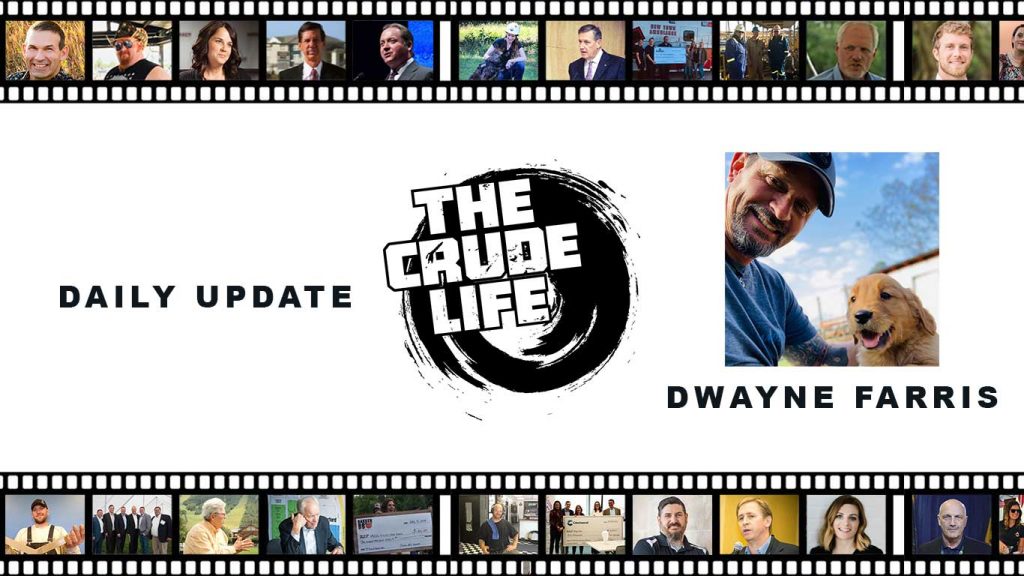
Dwayne Ferris, Black Creek K9 Pipeline Leak Detection, talks about how the leak detection science is used and how dogs are able to find work and leaks.
To listen to the full length interview
Sponsors, Music and Other Show Notes

Weekly Sponsor: Orange Property Management

Weekly Sponsor: Maxwell’s Restaurant and Bar

Phone Line Sponsor: Swan Energy, Inc. 866.539.0860

Featured Music: Moody River Band
For sponsorship information on The Crude Life Morning Show Play Hard Work Hard, email studio@thecrudelife.com or click here.
For guest, band or show topic requests, email studio@thecrudelife.com
Spread the word. Support the industry. Share the energy.
If you have a chance, check out The Crude Life Podcast!

